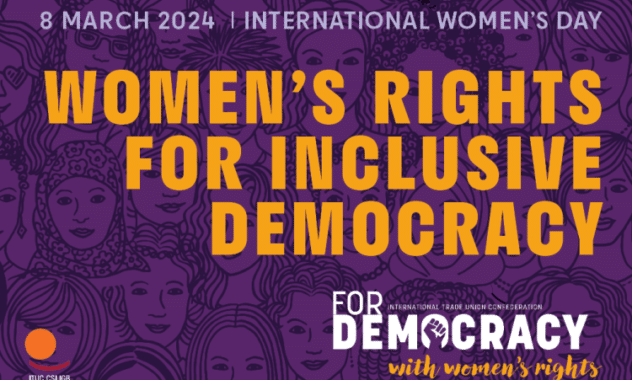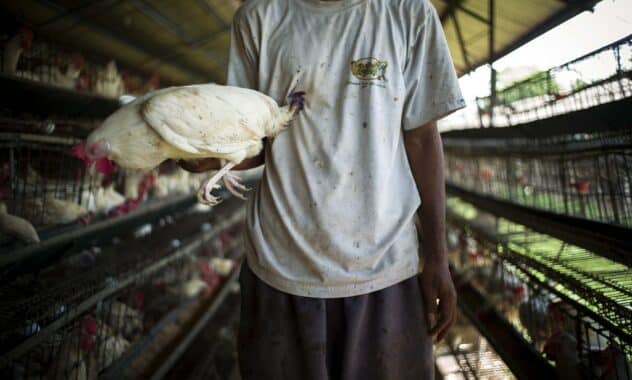Priti Patel launches bid to block migrants and fill their jobs with ‘inactive’ Brits
Home Secretary, Priti Patel, this week confirmed the government’s intention to implement a points-based immigration system in post-Brexit UK, telling critics that jobs left vacant from reduced migration will be filled with those who are currently “economically inactive” – largely due to sickness and disability.

The new system, which is set to come into effect on 01 January 2021, will end free movement from the EU, disqualify self-employed people from entering the UK, and grant visas to migrants based on how many ‘points’ they are assigned on the basis of their skills, salaries, professions and skills.
Although the government said priority would go to highly skilled workers such as scientists, engineers and academics, it also announced that the existing requirement for non-EU migrants to be educated to at least degree level will be dropped. Instead, migrants will need to be educated up to A Level standards.
While some professionals – such as academics – may be able to enter the UK without a job offer, most will be required to have secured work in the country before arriving, for which they must be earning at least £25,600. Unison has warned that this salary threshold will deepen the staffing crisis in the social care sector. There will be a lower floor of £20,480 in industry with staff shortages, but it is unclear whether this will include social care.
Patel stated that an estimated 70% of the existing EU workforce would not be permitted to enter the UK under the new rules, which she said would lead to a reduction in overall migration.
Although she said there would be no route to the UK for low-skilled workers for long-term work, she quadrupled the number of temporary low-paid migrants allowed to enter for jobs in the agricultural sector to 10,000 in 2020.
Students will be hit too, with new requirements to meet a points system based on their financial status and ability to speak English.
Facing widespread criticism from unions, business groups and commentators for blocking hundreds of thousands of potential workers, Patel told businesses to ‘up-skill’ the country’s 8.5 million people currently designated as “economically inactive”.
An Office for National Statistics breakdown of this group shows that 27% are students, 26% are too ill to work, 22% are homekeepers or have caring duties and 13% have retired before the age of 65.
Fewer than 0.5% of “economically inactive” people are described as “discouraged workers”, who alongside a portion of the 11% classed as “other” would be the only people potentially available to take on a job.







